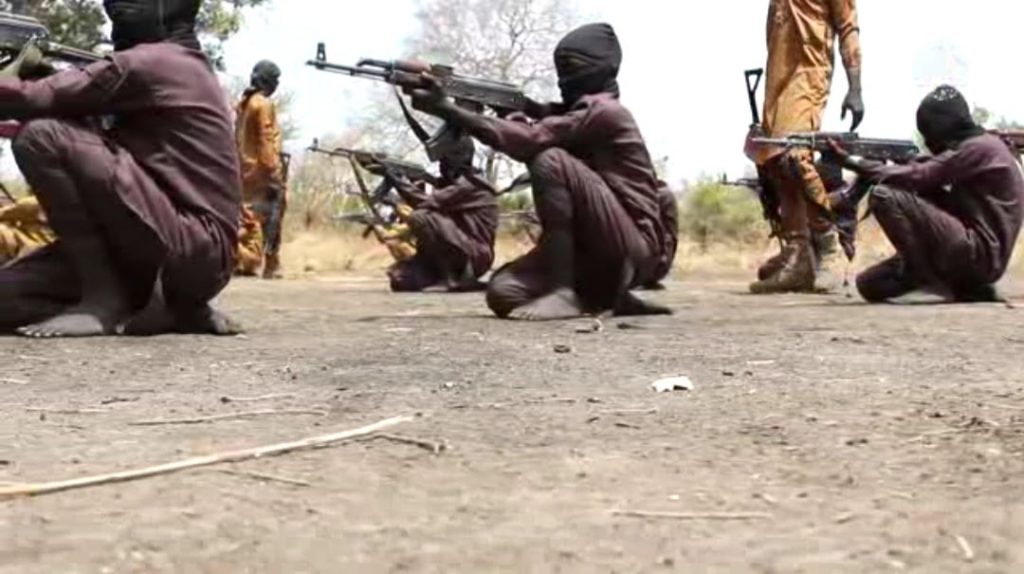Civil war between Boko Haram and ISWAP leaves many terrorists dead, Abubakr Shekau missing

An internal battle of supremacy between terrorist groups Boko Haram and their rivals Islamic State West Africa Province ISWAP has resulted in the deaths of several terrorists and also the whereabouts of Boko Haram leader Abubakr Shekau is currently unknown.
Several sources reported that ISWAP fighters stormed Boko Haram camps with gun trucks killing most of their commanders and forcing others to swear allegiance and switch sides.
DEVELOPING: Just receive update on #ISWAP faceoff with #BokoHaram. I learnt #ISWAP fighters with over 50 Gun-trucks stormed Sambisa forest, dislodged #Bokoharam field commanders & fighters, & also force them to surrender or get killed. Leader Abubakar Shekau whereabout unknown.
— UNCLE DEJI™️ (@DejiAdesogan) May 18, 2021
The attack is reportedly a move by ISWAP leader Abu Mus’ab Al Barnawi to eliminate his rivals and unify the terrorists under his command.
What is the difference between Boko Haram and ISWAP?
After the death of Boko Haram’s founder Muhammad Yusuf in 2009, the terrorists regrouped under the leadership of Abubakr Shekau who has been the face of the organization since.
In 2014, Shekau allied his group with the Islamic State, which renamed Boko Haram Islamic State West Africa as part of its growing caliphate.
In August 2016, the group apparently split, with an IS video announcing that Mr Shekau had been replaced with Abu Musab al-Barnawi, believed to be a son of Boko Haram’s founder Muhammad Yusuf.
Mr Shekau disputed this, insisting he was still in charge.
ISWAP unlike Boko Haram says it does not attack civilian target focusing mainly on fighting the Nigerian military and the regional alliance formed to fight it.
Boko Haram’s official name is Jama’atu Ahlis Sunna Lidda’awati wal-Jihad, which in Arabic means “People Committed to the Propagation of the Prophet’s Teachings and Jihad”.
Residents in the north-eastern city of Maiduguri, where the group had its headquarters, dubbed it Boko Haram.
Loosely translated from the region’s Hausa language, this means “Western education is forbidden”.
The group has been accused of unimaginable brutality even by other terrorist groups.
In 2014, they kidnapped over 200 schoolgirls from Chibuk, an event that attracted global attention.
